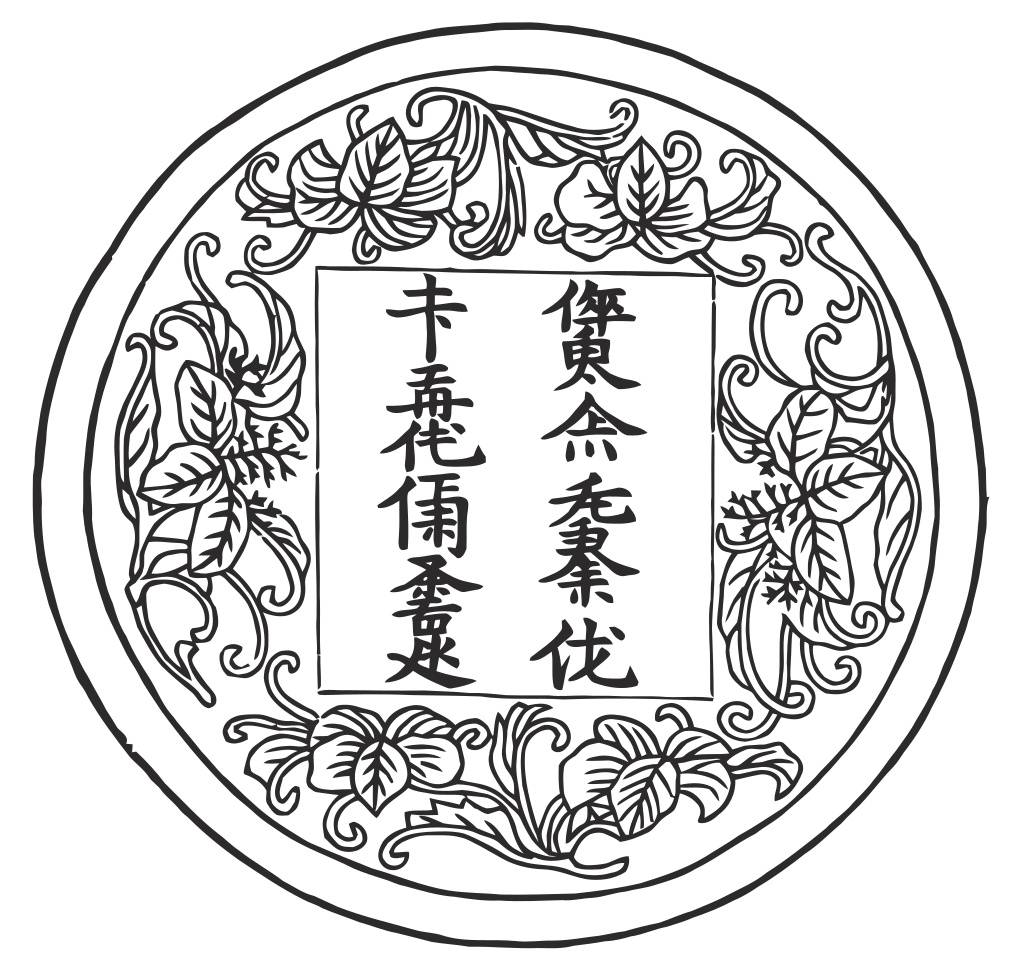想象第三人称的自己
StackExchange 上有一整个Chinese Language 的版块。一个非母语者如何看待妳自己的母语,他们会在什么地方感到困惑。
试着来看这个问题
1-这个故事发生在上个世纪末. I wonder if 发生 could be placed after 在上个世纪末. Shouldn’t time be placed before a verb?
2-电梯已经可以正常使用了: 正常 is an adjective, and adjectives describe nouns? Can’t 使用 work as a noun?
3-任何事情的发生都是有原因的: 任何事情的发生 after 的 there should be a noun… 发生 is not a noun…
4-他出生在一个美丽的小城市: 出生 is not an exception that can be placed before a location, so why is it placed like this?
最有趣的是,我回答不了这个问题。我只能隐隐约约地感觉到,也许是问主在「短语」和「词语」间有些疑问,或是些别的。
再来看看Up Vote最高的回答(的一部分)
昨天,明天,一小時前,or 十分鐘後 are ’time particles’ that indicate when the verb occurs.
在昨天,在明天,在一小時前,or 在十分鐘後 are noun phrases indicated by the preposition 在 (in/at), refers to a unique period of time, not unlike 在上个世纪末 or 在五四運動時期. Both (在)上个世纪末 and (在)五四運動時期 are treated as a noun phrase, not a time particle
“Phrase” & “Particle”, what are these?
妳也大可说「汉语没有语法」。真的没有吗?
看下来显然汉语有语法,只是我们从没有意识到。我们把纷繁复杂的语法关系 take for granted 。
那第三人称看待汉语,到底是什么样子的?最初这种体验来自女真文
我在看一个我无比熟悉的东西时,产生了异域([exotic](exotic - Wiktionary))的感觉。或者说应该叫inexotic (ἐν-εξω-τικός/inexotikos)。把妳熟知的,奉为圭臬的,take for granted(的),打碎再摆到妳的脸上,妳知道妳认识她,但她到底是什么?或者说她曾经是什么?我当初认识的是什么?
现在的问题就在于,在经历inexotic的冲击之前,我们怎么知道到底什么被我们take for granted了。街上有没有流浪汉?地铁有没有安检?大学一学期上多少门课?是这样是因为什么?是那样又是因为什么?
好像思来想去,我们囿于的不是困顿,而是已知,是打小就会以至于不存在的「语法」。但是我们又怎么知道哪些「语法」语法是我们的 edge,哪些又在暗中擎肘,in whom we trust?
愿妳安然入眠,但梦中难寻答案。

This work is licensed under a Creative Commons Attribution-NonCommercial 4.0 International License.
